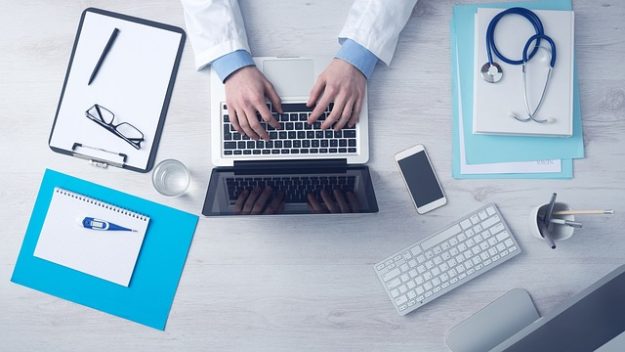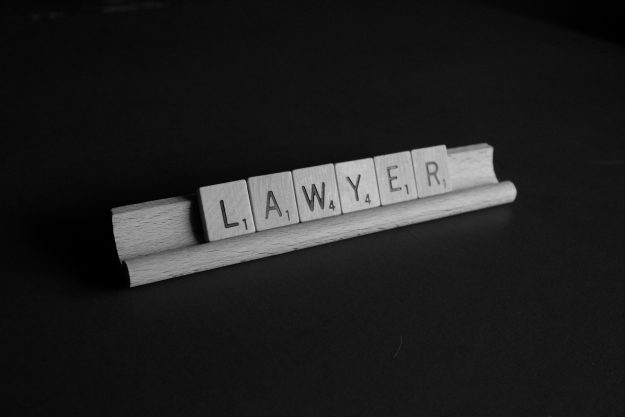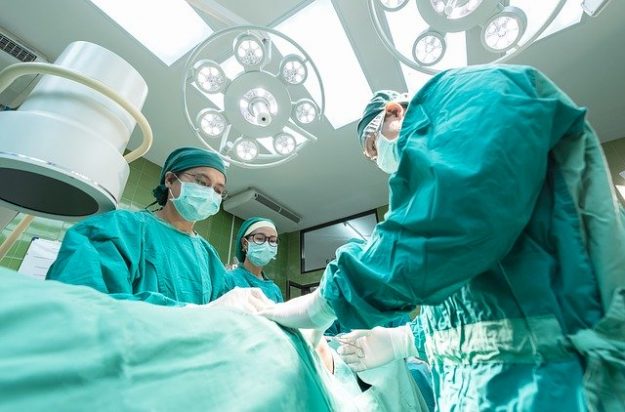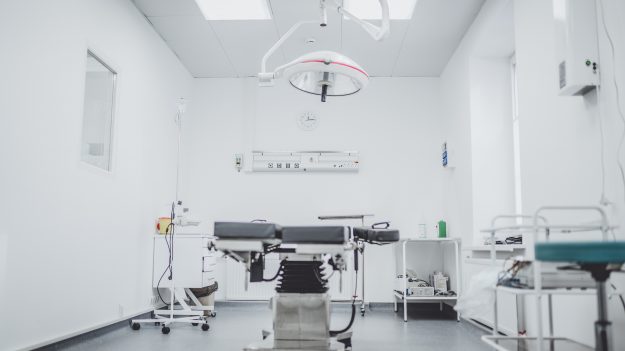Patients receiving chemotherapy have special concerns when it comes to the risk of getting COVID-19. Many patients may be nervous about resuming cancer treatment when there are so many COVID patients in hospitals.
Dr. Randall Gibb emphasizes that these patients should not stop their treatment and reminds patients that oncology departments and doctor’s offices are taking extreme care with their infection control procedures. He explores the special issues that apply to chemotherapy and stem cell transplant patients in the age of COVID-19.
Chemotherapy Methods
Chemotherapy is a treatment that uses chemicals to kill rapidly growing cells in the body. Chemotherapy is most often used to treat cancer because the fast-growing cells can quickly overwhelm the body.
Chemotherapy treatment can be accomplished in a number of ways. Injections of the drugs can be given directly to the site of cancer. The drugs can be given intravenously, causing system-wide side effects. The drugs can also be given orally in pill form. These pills are the newest type of chemotherapy.
Why Chemotherapy is Performed
Chemotherapy can be used to cure cancer without any other treatments. It can be used after other treatments to catch any hidden cancer cells. It can also be used as a preparatory step before other treatments like surgery take place. This is known as neoadjuvant therapy.
Chemotherapy and COVID-19
Chemotherapy patients are already at risk of complications stemming from immunodeficiency, and COVID-19 has heightened these concerns. A study from China found that chemotherapy patients were more likely to experience serious complications when they were infected with COVID. The incidence of serious complications was increased when patients also had a secondary diagnosis like diabetes.
Patients undergoing chemotherapy need to be particularly cautious about being exposed to the novel coronavirus. One of the major concerns shared by cancer patients is the prospect of going into a doctor’s office or hospital to receive treatment.
Hospitals today have been described as hotbeds of COVID-19 infections. Cancer patients are nervous because they feel that they may come into contact with people infected with the disease or by surfaces like doorknobs and elevator buttons. While the risk of catching COVID-19 from a surface is low, it is understandable that chemotherapy patients are nervous.
Dr. Randall Gibb explains to his patients that they should not stop cancer treatment because they are wary of catching COVID-19. When weighing the risks and benefits of treatment, patients need to consider how much their cancers could flourish unchecked when chemotherapy is discontinued.
Solutions for Cancer Patients
Doctor’s offices and hospitals are taking all of the precautions they can to avoid allowing cancer patients to catch the novel coronavirus. Sanitization routines have been stepped up, and the staff has been trained to reduce the spread of the virus. All staff and patients wear personal protective equipment or PPE. The use of medical-grade masks reduces the chance of transmitting the disease by a great deal.
Doctor’s offices and outpatient hospital offices are reducing the number of patients allowed in their office at any one time. Patients’ waiting room chairs have been moved to be 6 feet apart in accordance with social distancing. With these precautions in place, cancer patients can feel less nervous about receiving treatment.
Telemedicine Options
When regular appointments have been delayed or canceled, doctors can still see their patients through telemedicine. This cannot substitute for a full doctor’s visit, but it enables the patient and doctor to stay in touch and for the doctor to monitor any new symptoms that may arise.
Daily Precautions
Cancer patients need to be especially careful about social distancing and avoid contact with people who may be carrying the disease. This means that they cannot receive visits from family or friends unless they need care at home. Ideally, home health care workers and caregivers should receive COVID-19 testing before they are allowed to care for cancer patients.
Cancer patients should not go out in public, except for doctor’s visits, until the risk of COVID transmission has dropped significantly. In many areas of the country, it is just too dangerous to allow cancer patients to go out in public. Their immune systems are weakened to the point where only a small exposure to the virus could cause serious illness, where a healthy person may not even experience symptoms if they are infected.
Cancer in the Age of COVID-19
Cancer patients are understandably worried and stressed over the possibility of becoming infected with COVID-19. They should feel reassured that their care team are working hard to prevent their becoming ill. When in-person visits are not possible, patients may be seen remotely through telemedicine.
It is likely that many cancer surgeries have been postponed, so it is doubly important for patients to continue with chemotherapy or radiation when at all possible. Dr. Randall Gibb encourages patients to stay in close contact with their doctors and to follow social distancing rules.










